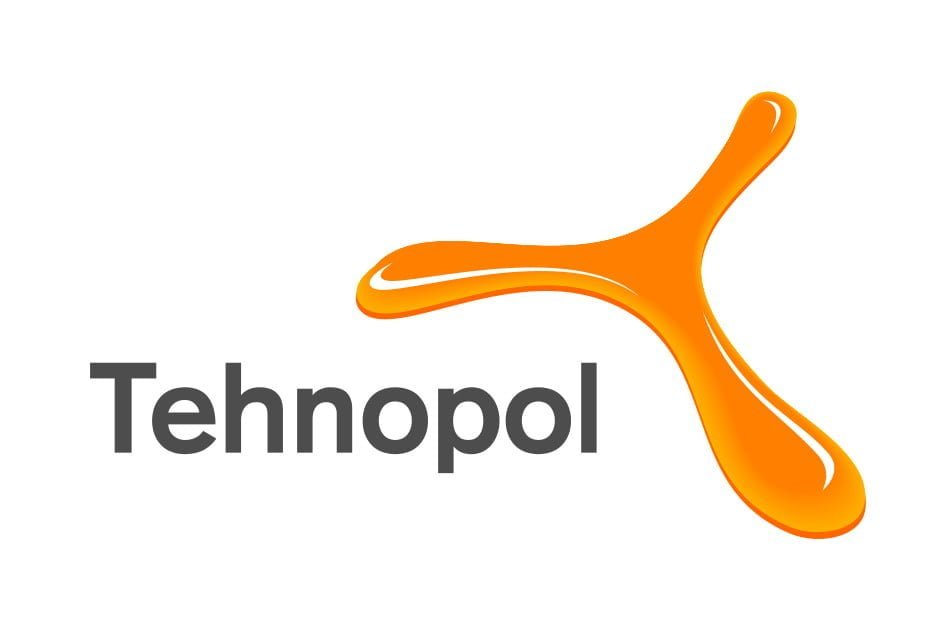INTRODUCTION TO THE ECONOMY OF WELLBEING OF PEOPLE
The Economy of Wellbeing is a policy orientation and governance approach which aims to put people and their wellbeing at the centre of policy and decision-making. While people’s wellbeing is a value in itself, the Economy of Wellbeing underlines the mutually reinforcing nature of wellbeing and economic growth. Taking wellbeing into account in all policies is vitally important to the Union’s economic growth, productivity, long-term fiscal sustainability, and societal stability.
The changing world of work requires adaptability and diverse and constantly shifting qualifications and skills. Education and training thus play a key role in fostering competitiveness, adaptability, and participation in the labour market and in society. Efforts must be made to facilitate access for all to life long learning and acquisition of skills and competences in order to meet the challenges and seize the opportunities of digitalisation and new forms of work. Climate change will impact the world of work.
Access for all to health services, long-term care, health promotion and disease prevention, provided by a sustainable health system, are essential elements of wellbeing that also address health inequalities and thus contribute to the economy and society. Investment in health security contributes to the effective and timely prevention and detection of and response to health threats. For example, antimicrobial resistance, vaccine hesitancy as well as the increasing occurrence of disasters due to climate change and disease outbreaks have the potential to cause great damage to public health and national economies. Increased vaccination coverage is a cost-effective measure to prevent many communicable diseases. Greater efforts to promote good mental health and to advance the prevention, early diagnosis, treatment and de-stigmatisation of mental disorders would improve the lives of millions of Europeans throughout the course of their lives and contribute to non-discriminatory working environments, better working conditions, and thus to a stronger economy.
INTRODUCTION TO THE FLAGSHIP
The EU Commission states in its latest report from December 2022 on the implementation of EU macro regional strategies (MRS): “The MRS are essentially cooperation frameworks establishing networks of stakeholders that form a transnational, cross-sectorial mosaic of expertise with a potential for further cooperation, value, and prosperity creation. The aim is to improve institutional capacities with the ability to create innovative and inclusive services that can empower people and stakeholders, making them actively contributing to the development of prosperous and open macro regions in the medium to long term”.
Against this background, PA HEALTH and PA EDUCATION coordinators conducted a joint analysis to explore the conditions and possibilities for establishing a joint FLAGSHIP, a policy-action process for cross-sectoral collaboration in the Baltic Sea Region to more effectively address the societal challenges covered by the EUSBSR Action Plan, actions related to these two Policy Areas.
A first draft concept of the FLAGSHIP together with a proposal to apply for project funding for the first part of the establishment was presented to respective Steering Group for the two Policy Areas in 2022 and received support from both groups. It was decided to form a partnership, a task force for the design of the FLAGSHIP consisting of stakeholders with a mandate and competence to work on issues related to lifelong learning, sustainable working life, and healthy and active ageing.
STAKEHOLDER DIALOGUE
The collaborative platform will be based on membership. Members will be invited to choose one of three levels of commitment. The first level is to receive information and take part in events. The second level is to take part in policy development in one of two knowledge arenas. The third level is to coordinate a knowledge platform or a thematic working group.
The first step is to engage in dialogue with stakeholders cross-sectorial and multilevel in the Member States of the Baltic Sea Region and in Norway. Below you will find a questionnaire guiding the stakeholder dialogues.
QUESTIONNAIRE
TARGET GROUPS
- Country (Denmark, Estonia, Finland, Latvia, Lithuania, Norway, Poland, Sweden, or Germany)
- Organisation (national, regional, or local public body, employer organisation, trade union, civil society organisation, educational institution, research institute, innovation cluster, pan-Baltic organisation, private company)
- Relation to the economy of well-being of people (policy-making, administration, education, opinion building, research, providing services or technology)
QUESTIONS
- What do you see as the most urgent challenges in well-being of people at work with a focus on healthy and active ageing?
- What do you see as the most urgent challenges when it comes to the well-being of people regarding a sustainable working life with a focus on education (formal education, changing specialties etc., courses) and labour market issues?
- What added values do you see in a cross-sectorial, multilevel collaboration for policy impact in the area of health and wellbeing in the Baltic Sea Region?
- How can your institution or organisation contribute to a collaborative platform as explained?
- How can your institution or organisation benefit from a collaborative platform as explained?
- Are your institution or organisation today engaged in anything similar with other countries? If yes, please explain what are you involved in and what are your experiences?
- Are you interested in being part of the collaborative platform when in operation? If yes, what thematic area, or challenges would you like to address?
- If you were searching for new partners, what key words would you type in the finder?

